Partnership & Grantee Highlights
VPIREF – Vermont Public Interest Research & Education Fund
Protecting the health, enviroment and the economy of Vermont’s people
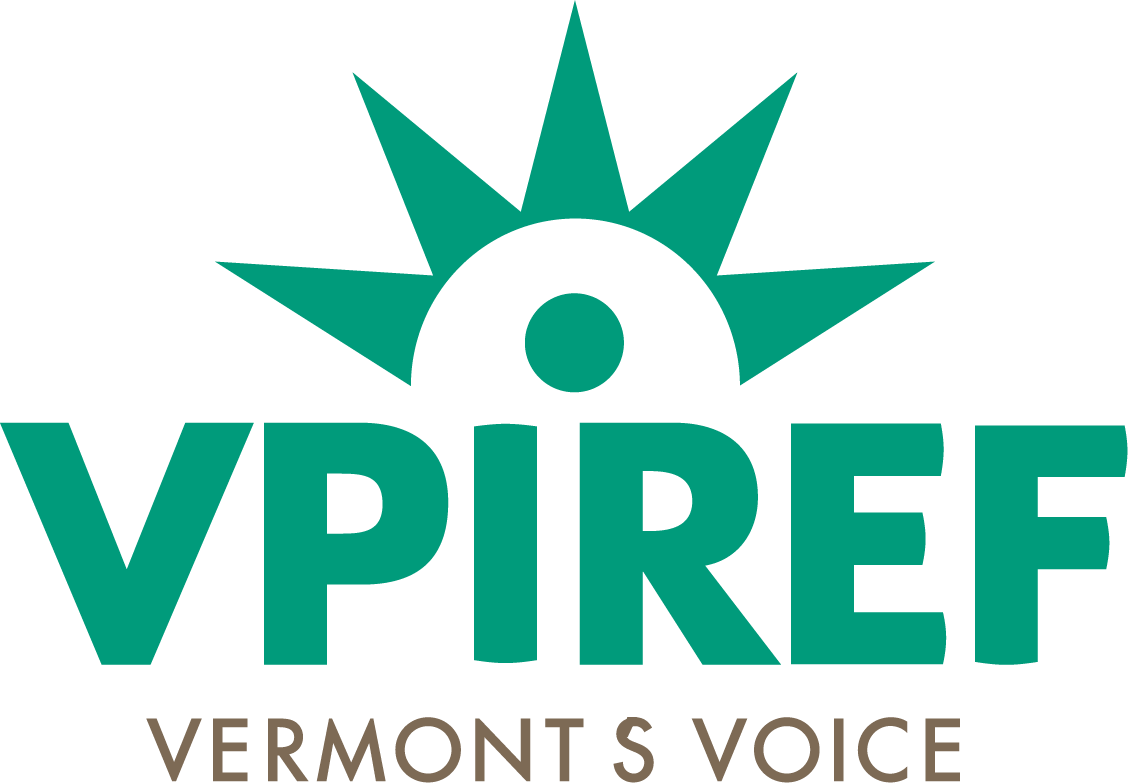
Bees, birds, and other pollinators are critical to biodiversity and the agricultural economy. The Vermont Public Interest Research & Education Fund (VPIREF) produces original research, policy analyses, and creative tools to educate the public and decision makers about critical issues facing the state.
One Hive supported VPIREF to collaborate with a coalition of partners to engage, educate, and inspire Vermonters to learn about threats to pollinators and ways to reduce the impacts of pesticides. VPIREF successfully commissioned a statewide public opinion survey to determine public attitudes around the use of pesticides and the opportunity to restrict those that harm pollinators. Additionally, VPIREF developed a media campaign that promoted the importance of beekeepers in Vermont and showcased how important they are to the farming community.
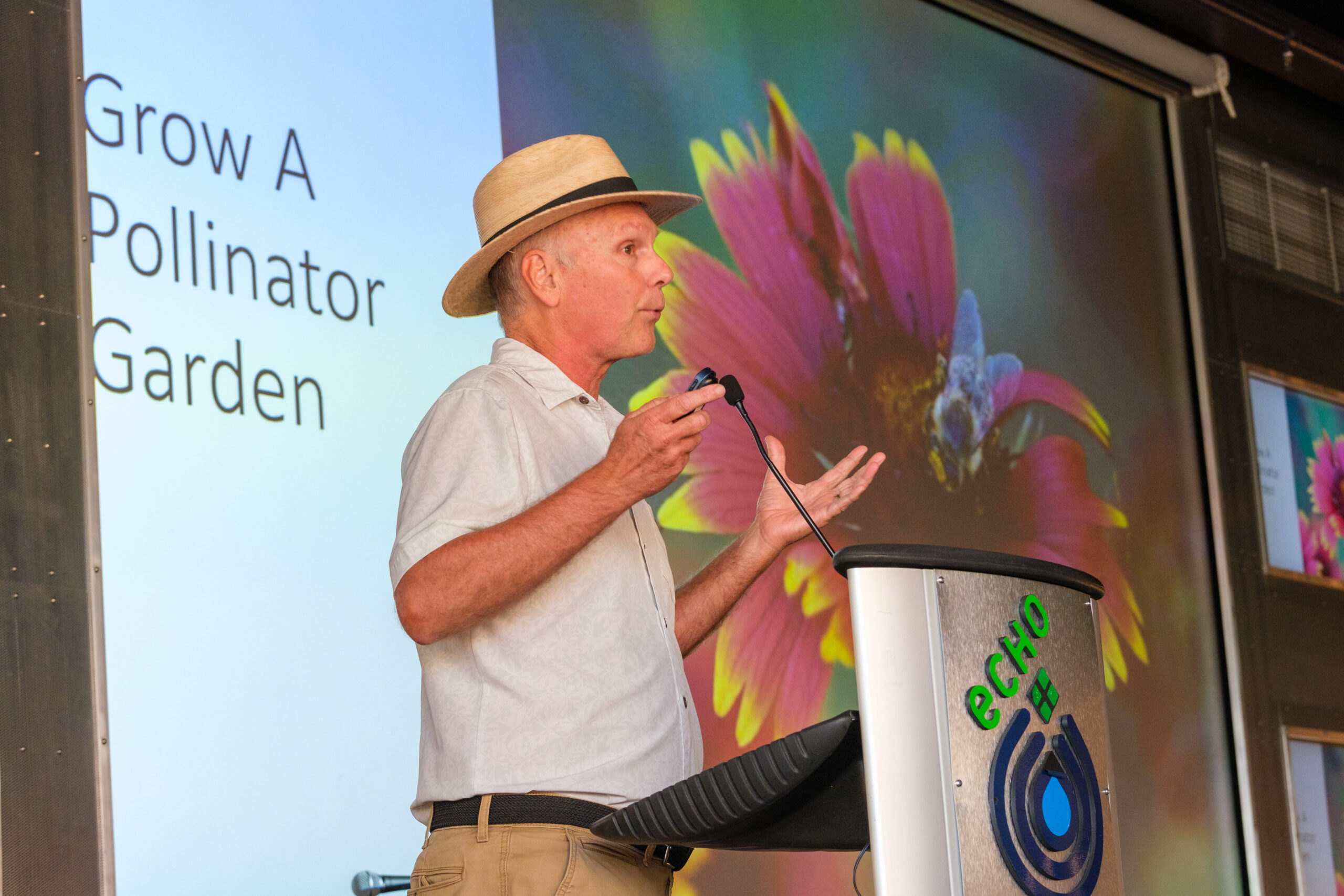

One Hive supported VPIREF to collaborate with a coalition of partners to engage, educate, and inspire Vermonters to learn about threats to pollinators and ways to reduce the impacts of pesticides. VPIREF successfully commissioned a statewide public opinion survey to determine public attitudes around the use of pesticides and the opportunity to restrict those that harm pollinators. Additionally, VPIREF developed a media campaign that promoted the importance of beekeepers in Vermont and showcased how important they are to the farming community.
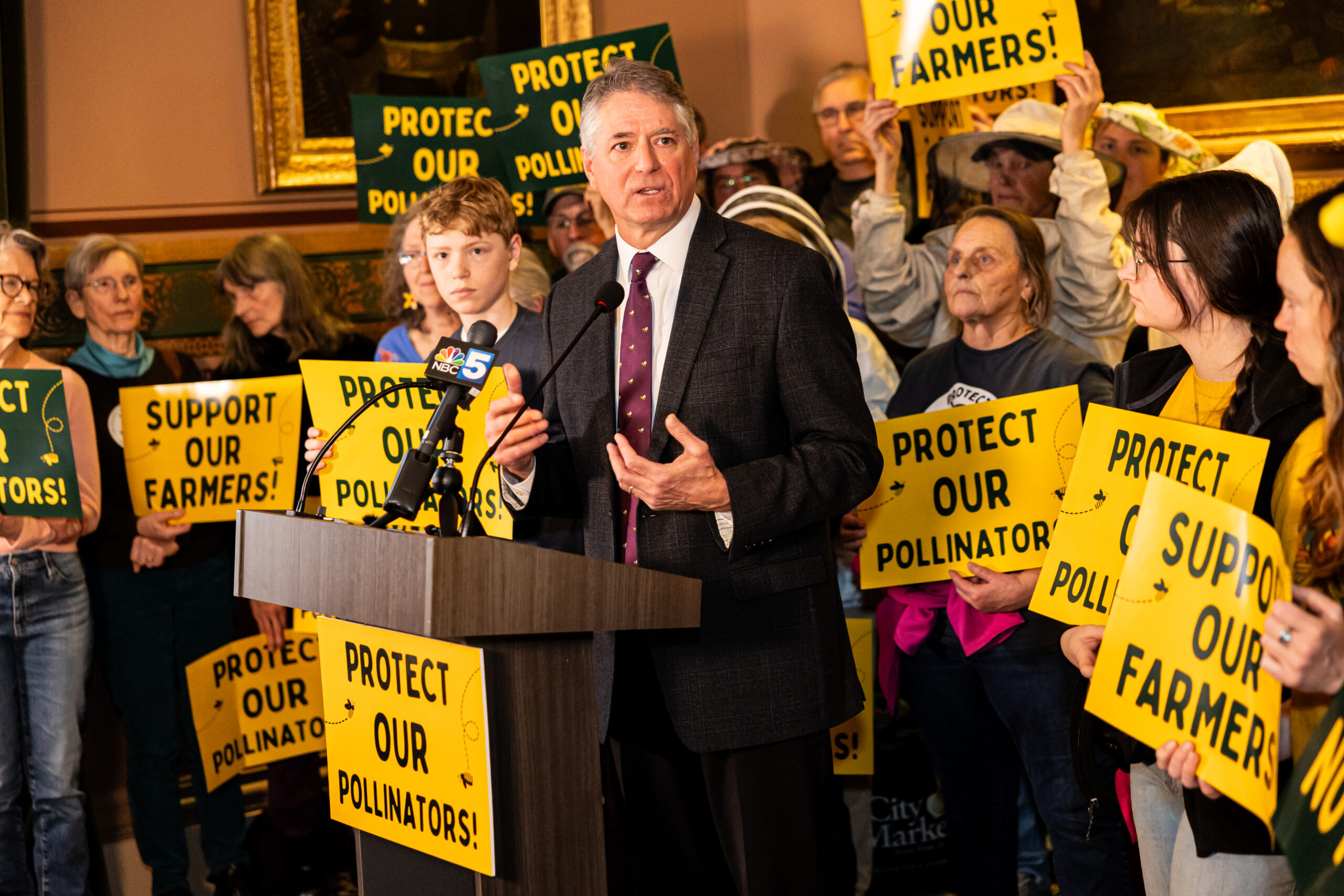
On June 17, 2024, the Vermont legislature overrode the governor’s veto and passed the Pollinator Protection Act, making Vermont the second state in the U.S. (after New York) to phase out toxic neonic pesticides. VPIREF and its partners will monitor the rule-making process and develop a new series of public education materials, and research and disseminate promising alternative pest management solutions.
 10.12.2024
10.12.2024
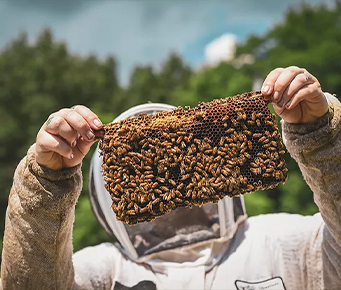 10.12.2024
10.12.2024
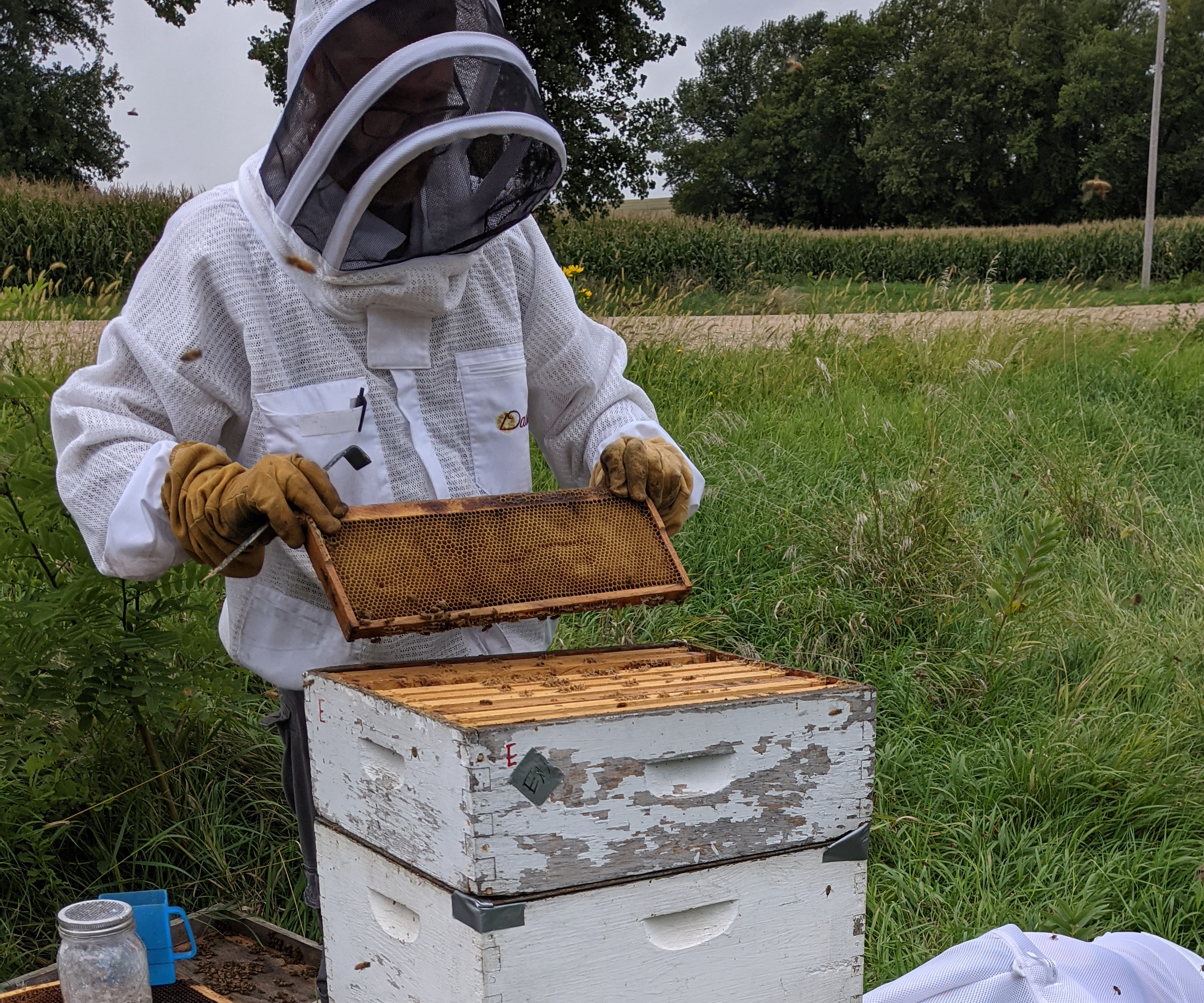 10.12.2024
10.12.2024